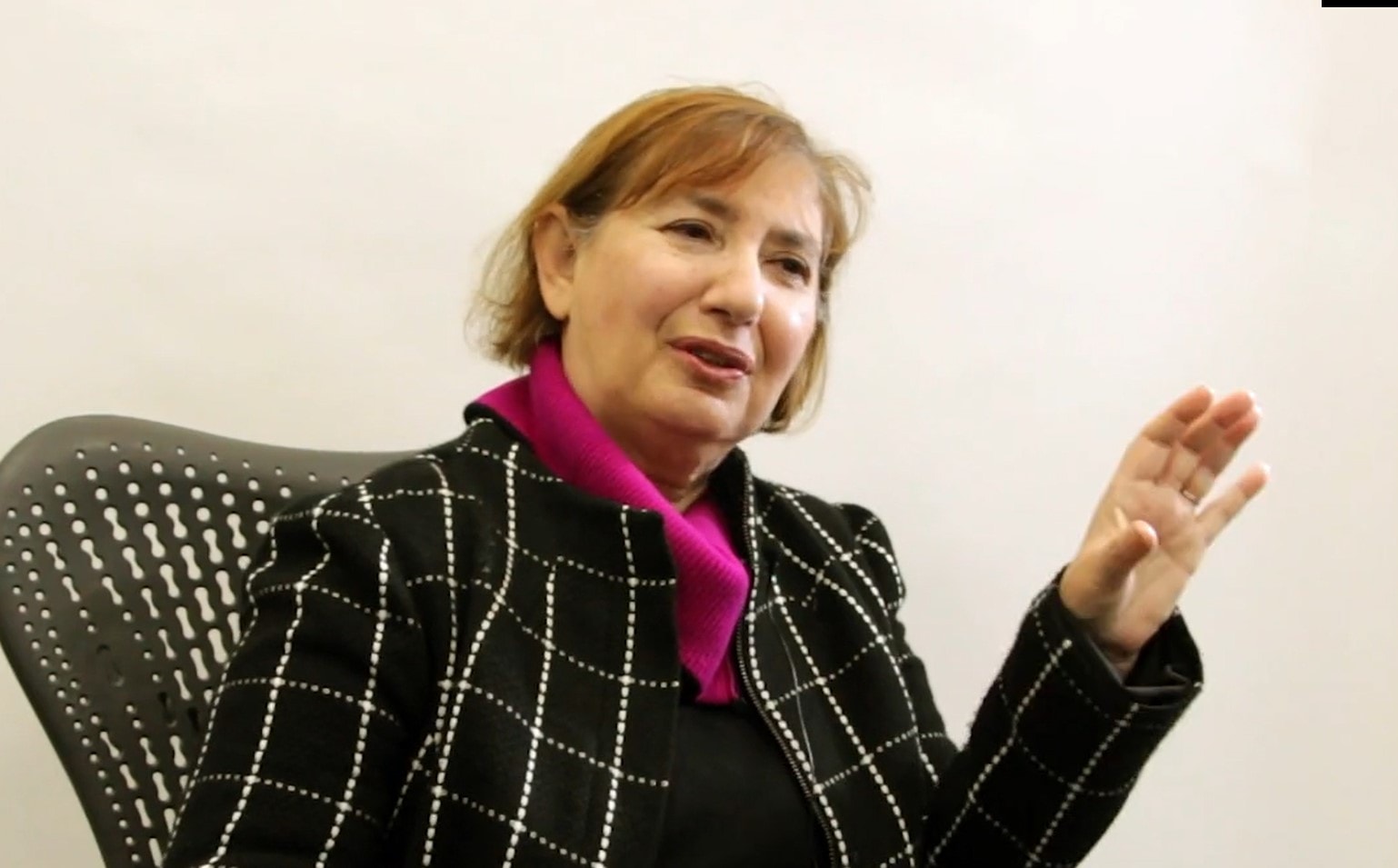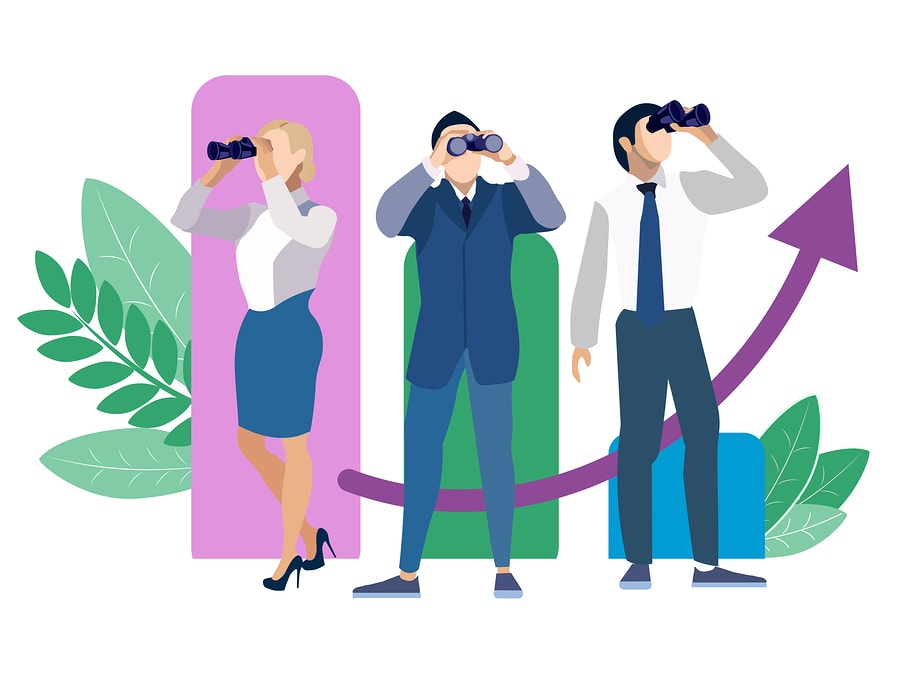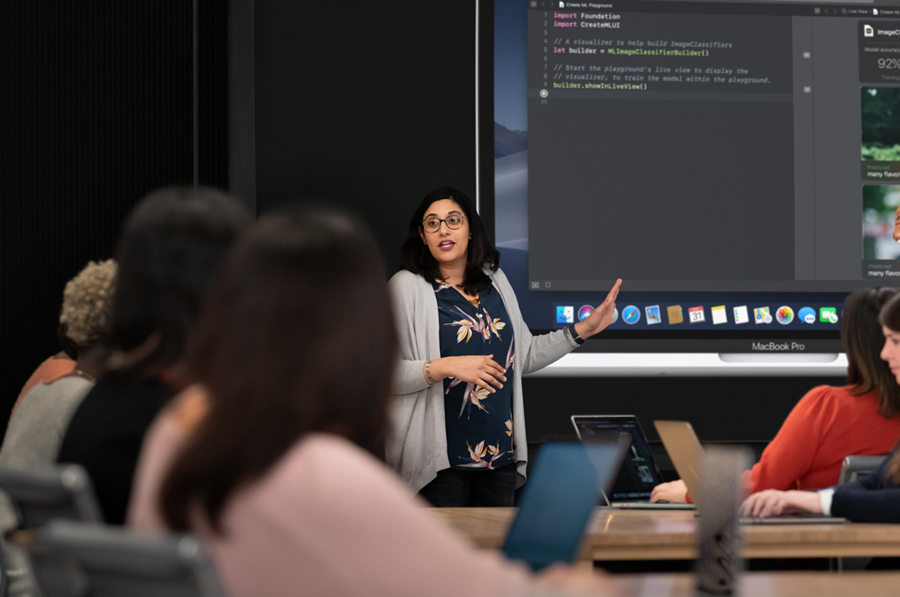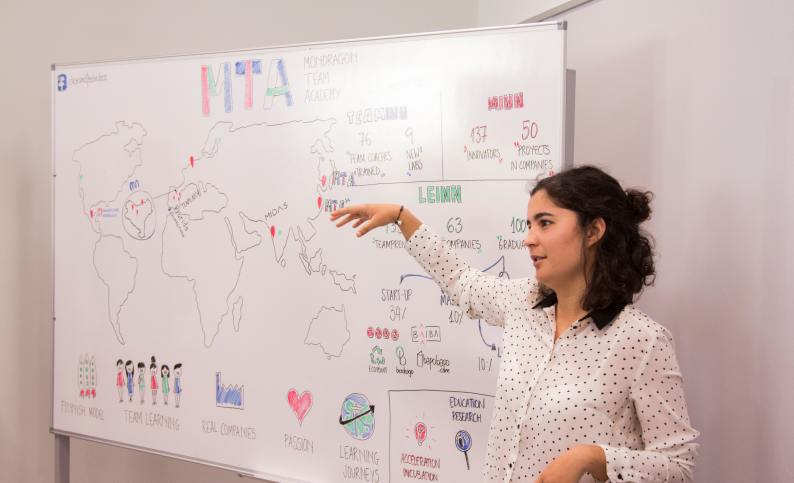>
“The market economy seeks the efficient exchange of basic products and maximizes production while the social economy seeks to maximize social interactions. The balance between the two is really the key.”
Marina Gorbis, director of the Institute for the Future (IFTF), talks with the Observatory about entrepreneurial environments and the need to find a balance between the social and the economic.
Read the full transcript:
The Observatory (O): How is the environment for entrepreneurship?
Gorbis (G): For a lot of people it’s a great opportunity to start their own ventures whether it’s business ventures or social ventures. The resources are out there, so you can bring people together and do the kinds of things that previously nobody could do or only a large organization could do. We’re seeing it in many domains at the same time though. We do see the growth of large corporations that are becoming almost monopolies or oligopolies.
A lot of times in futures, you have two trends happening at the same time and they’re kind of opposite trends. You see larger Amazons and Googles of the world growing. But you also see a lot of growth of a lot of smaller ventures.
O: How are new social and community interactions happening?
G: Yeah I see it. First of all, in societies where you don’t keep a lot of resources so you can’t buy everything. It’s just the way for people to survive. It’s just a necessity. And unfortunately, as countries and societies become wealthier instead of engaging in these social exchanges, they just buy things taking out social interactions out of it.
I do believe that we’re at the point where people are rediscovering the value of these small interactions and communities. So you see the growth of farmers markets in areas or coworking spaces or these other means for people to come together to do things that are social that are not just because I’ve paid you something.
O: How can we teach a new generation to rely more on the trading of skills, services, and support and not only on money?
G: I think people come into the world naturally with those kinds of skills, because from kindergarten you’ll learn the value of sharing. What do we teach our kids to share? You know you get something to share, you just don’t hoard things. Somehow we sort of beat it out of them in some ways. It’s like we bring them into this competitive world and it’s all about competition.
In my book I talk about Lewis Hyde’s book “The Gift”. He talks about the balance between market and gift economies and it’s how important is to preserve the balance. In the market economy it’s all about trading commodities so you maximize for most efficient commodity exchange right and production and in social and gift economies you maximize for social interactions. And so the balance is really key. You know, if you go for a holiday or If somebody invites you for dinner, if you pay them for that dinner it takes completely different meanings.
I do think in many areas we kind of lost that balance between too many things that should be social and gift. We’ve moved into commodities and I think we need to bring back that balance. Young people are understanding that and they’re searching for that.
O: In a world in which technology alone is building completely social systems. What can we do as leaders or educators to balance this future shock with humanities?
G: I think the reason we are with social media where we are today is because of the business models and the governance structures around data that we’ve created where we basically took something that was meant to be a commons creative technology and that’s what they envisioned and combined them with business models which are all about profit maximization and it isn’t. It’s a perfect example of a market economy just eating the gift economy out of it.
But I do feel that there are new models and business models emerging that are basically used different privacy models and different data ownership models and that basically facilitate different kinds of interactions. I think the next generation of platforms is probably going to be built on a different kind of governance and ownership of data models. And so it would be great for young people to start building those different kinds of models.
This article from Observatory of the Institute for the Future of Education may be shared under the terms of the license CC BY-NC-SA 4.0 
)
)










)
Paola Villafuerte
Paola Villafuerte
Paola Villafuerte